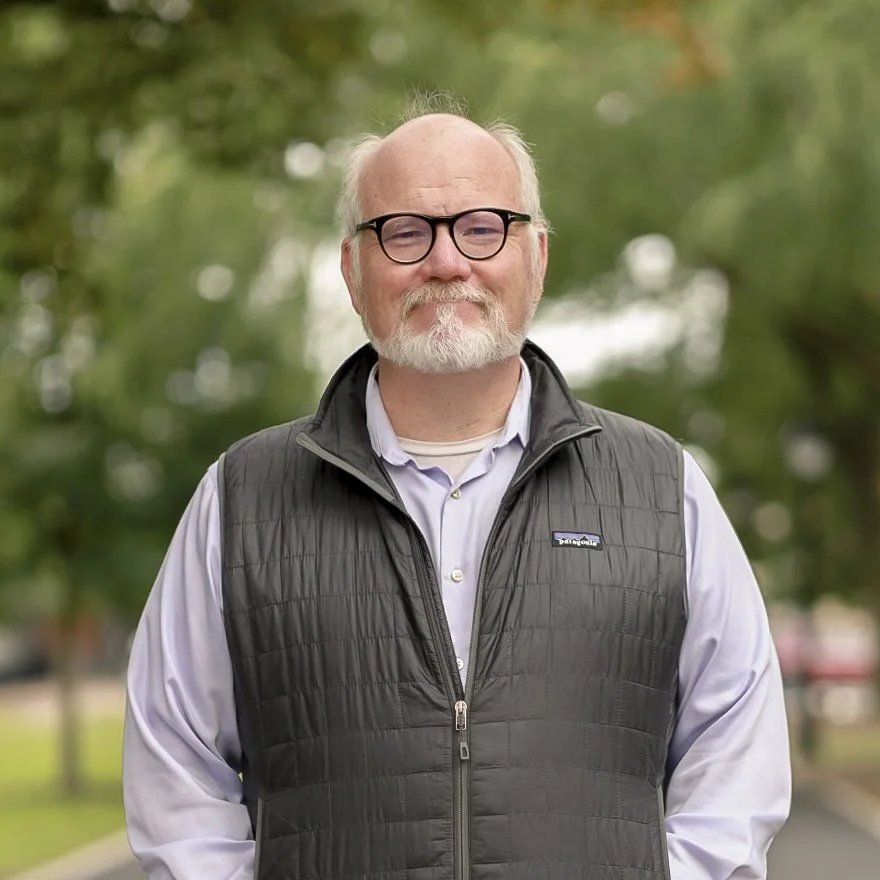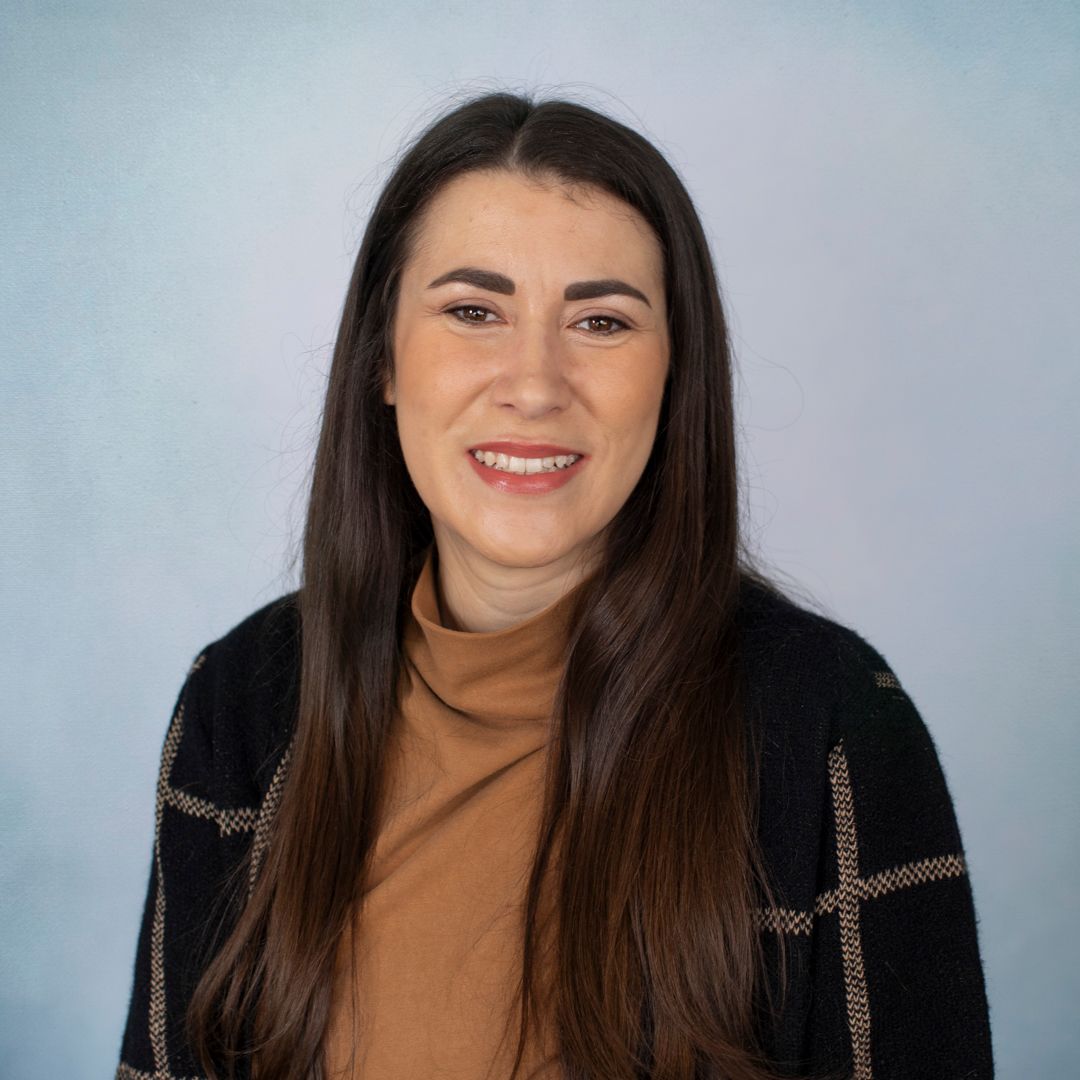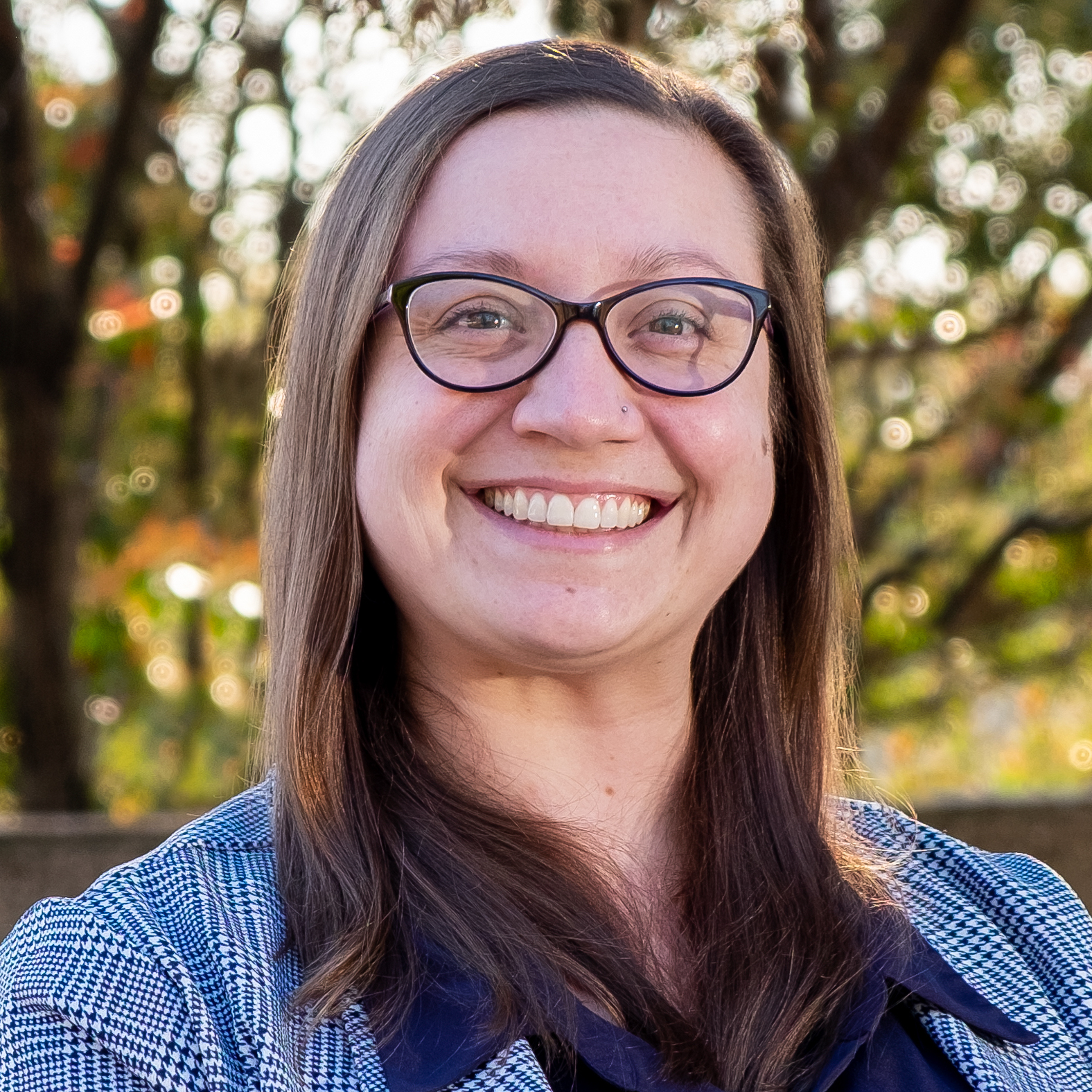
Visiting Scholars and Fellows

Ben Blevins, Community Partner-in-Residence
Ben Blevins is the co-founder and CEO of the Highlight Support Project, a committed network promoting sustainable education and emergent strategy.

Leanne Petroziello, Community Partner-in-Residence
Leanne Petroziello is the officer of educational success at the Community Foundation for a greater Richmond.

Victoria Yeroian, Community Partner-in-Residence
Victoria Yeroian is the executive director of Podium which works to empower youth ages 10-19 in Greater Richmond & the Tri Cities as confident, capable writers and communicators with the skills necessary to succeed in school, career, and life.

Lauranett Lee, Visiting Scholar
Dr. Lauranett Lee was the founding curator of African-American history at the Virginia Historical Society, and in 2011, she worked with a team of colleagues to launch a genealogical tool called Unknown No Longer: A Database of Virginia Slave Names. In 2008, she published Making the American Dream Work: A Cultural History of African Americans in Hopewell, Virginia, an oral history project commissioned by the Hopewell City Council. Lee sits on several boards and is engaged in various community service initiatives, and in 2017, Richmond Mayor Levar Stoney appointed her to the Monument Avenue Commission. She also led our University's Institutional History Research Team and advised the Burying Ground Memorialization Committee. She is currently the director of race and justice at Richmond Hill.